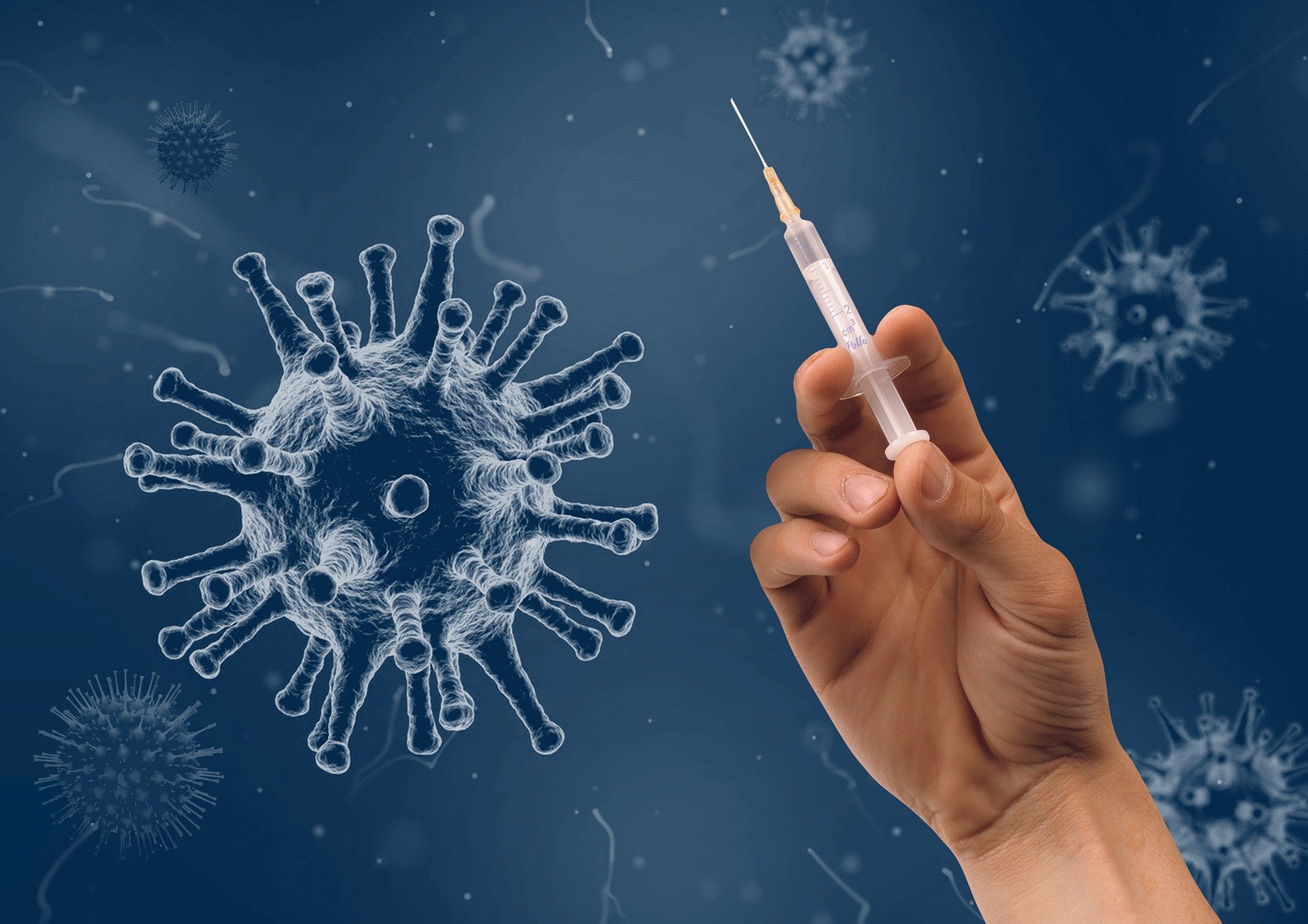Media release
ATAGI are recommending vaccination against COVID-19 for all individuals from 12 years of age, extending the current recommendation for those aged 16 years and older. A two-dose schedule using Comirnaty (Pfizer) is recommended. This vaccine is the only vaccine currently registered for use in Australia in this age group. Recommendations on the use of Spikevax (Moderna) for adolescents will be finalised following the decision on provisional registration of Spikevax (Moderna) in this age group.
The full update can be found here: https://www.health.gov.au/news/atagi-recommendations-on-the-use-of-covid-19-vaccines-in-all-young-adolescents-in-australia



Expert Reaction
These comments have been collated by the Science Media Centre to provide a variety of expert perspectives on this issue. Feel free to use these quotes in your stories. Views expressed are the personal opinions of the experts named. They do not represent the views of the SMC or any other organisation unless specifically stated.